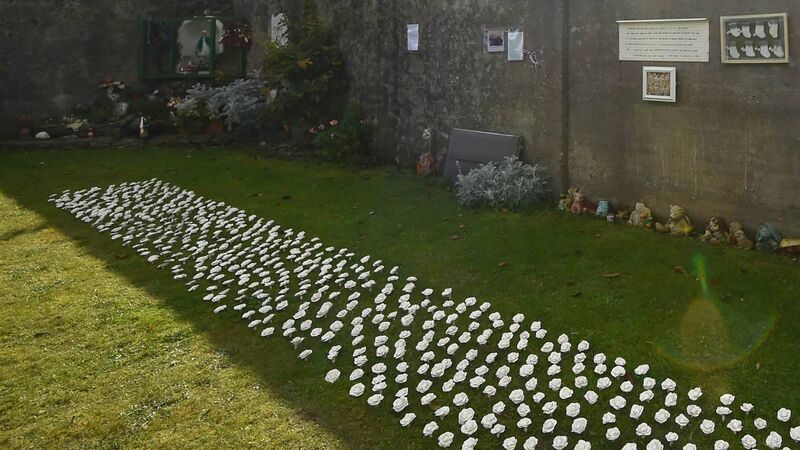Dearbhail McDonald: Nuns’ positive contribution risks remaining tarnished forever

Ceramic blossom flowers planted at the site of the Tuam Mother and Baby Home, with the figure of a baby’s head in each of them. Picture: Ray Ryan
Wed, 17 Jan, 2024 - 02:00
Dearbhail McDonald
LIKE many women of my generation on this island, I was educated by nuns.
It may seem counterintuitive — courageous, even — to admit that the Sisters of St Clare in Newry were the first feminists I met.
Already a subscriber? Sign in
You have reached your article limit.
Subscribe to access all of the Irish Examiner.
Annual €130 €80
Best value
Monthly €12€6 / month
Introductory offers for new customers. Annual billed once for first year. Renews at €130. Monthly initial discount (first 3 months) billed monthly, then €12 a month. Ts&Cs apply.
CONNECT WITH US TODAY
Be the first to know the latest news and updates
















